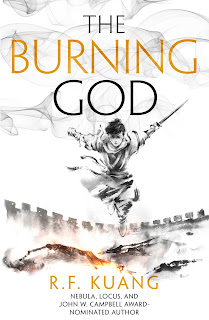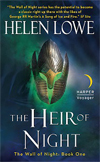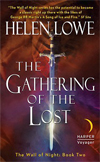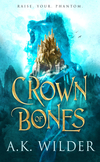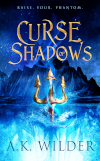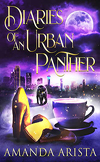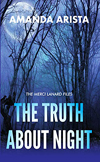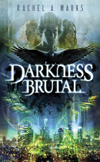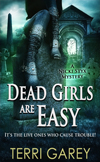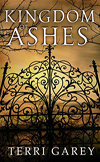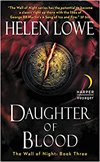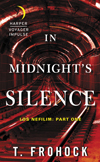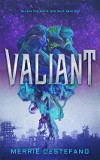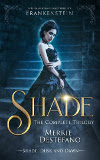 |
| Shapeshifter fro, Diablo 4 Icy Veins Build |
It's time again to explore our awesome Backlist!
Today we are sharing a post by the author of the bestselling Mortal Path series, Dakota Banks. Her thoughts on shape-shifting from June 28, 2010 are just as relevant in 2024.
Read along to discover how, and why, this magic works so well!
* * *
 | |||
| Huge Jackman is Wolverine |
Hi, I'm Dakota Banks. If I were to die and come back as something, it would be as a Dove extra dark chocolate bar in the hands of the man to the left...
... Now that you've learned everything there is to know about my personality... eyes over here, please...
... Werewolves also have a long history of stories behind them. Ancient
Greek gods turned a king with an appetite for human flesh into a
werewolf. There is a famous story from the 1600s involving a she-wolf. A
French king saw a hunter in his woods and asked him to report on the
success of the hunt. The hunter encountered a vicious wolf who was too
strong for him to kill, but he managed to cut off the wolf's forepaw. He
wrapped it up and took it to the king. When the king heard the story,
he unwrapped the bundle and found a woman's hand with a gold ring on her
finger. Horrified, he recognized the ring as belonging to his wife.
Searching her out, he found her injured, with her hand missing. She
admitted being the she-wolf and was burned to death...
... People tend to develop their myths and folklore using animals that are
local to where they live. That gives us werehorses from Europe,
weredolphins from Brazil's Amazon River basin, wereseals from island
communities, werehyenas from Africa, and weremers (okay, mermaids) from
countries that sailed the oceans...
... For my writing, I wanted to see what I could do outside the vamp and werewolf norm. I found the myths of ancient Sumeria fascinating, so I built a story around the idea that some of their gods, goddesses, and demons are still around today. Only a few humans know about them, and are aligned for or against. I was lured in by shapeshifting, though, so there are demons who transform into various horrid forms. I have a lot of fun writing the Mortal Path series! The second book is Sacrifice - READ THE WHOLE POST HERE.
Thanks for joining us in exploring the backlist!
See you next time!
The Sup
















